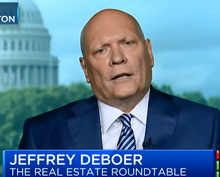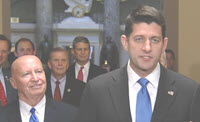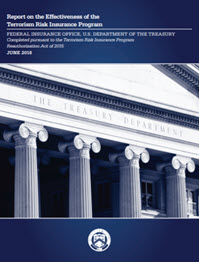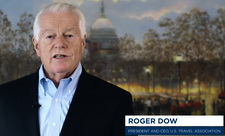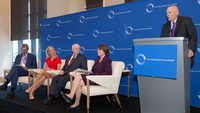The Senate on August 1 approved the National Defense Authorization Act for Fiscal Year 2019 (NDAA) – a compromise $717 billion defense policy bill aimed at building up the military and blunting Chinese foreign investment – which includes language that may affect some foreign purchases and leases of real estate near military and other strategic facilities.
 |
|
The final version of the NDAA – including FIRRMA – would expand the list of covered transactions to include some foreign purchases and leases of real estate near military and other strategic facilities. It is anticipated that President Trump will sign the legislation in August. |
- The NDAA bill also includes the Foreign Investment Risk Review Modernization Act of 2018 (FIRMMA), which reforms the Committee on Foreign Investment in the United States (CFIUS) – a U.S. interagency committee that conducts national security reviews of foreign investment.
- FIRMMA expands the review authority of CFIUS to review national security implications of transactions that could result in control of a U.S. business by a foreign person and to block transactions or impose measures to mitigate any threats to U.S. security.
- FIRRMA also expands the list of covered transactions to include some foreign purchases and leases of real estate near military and other strategic facilities. Responding to concerns raised by The Roundtable and other industry groups, language is also included that exempts real estate located in ‘urbanized areas’ from the criteria of a covered transaction. The Census defines an urbanized area as one comprising more than 50,000 people. See pages 820-826 of the final congressional conference report.
A congressional conference committee reconciled House and Senate versions of the NDAA last month. The final version of the NDAA – including FIRRMA – passed the House on July 26 and the Senate on Wednesday. It is anticipated that President Trump will sign the legislation in August.


